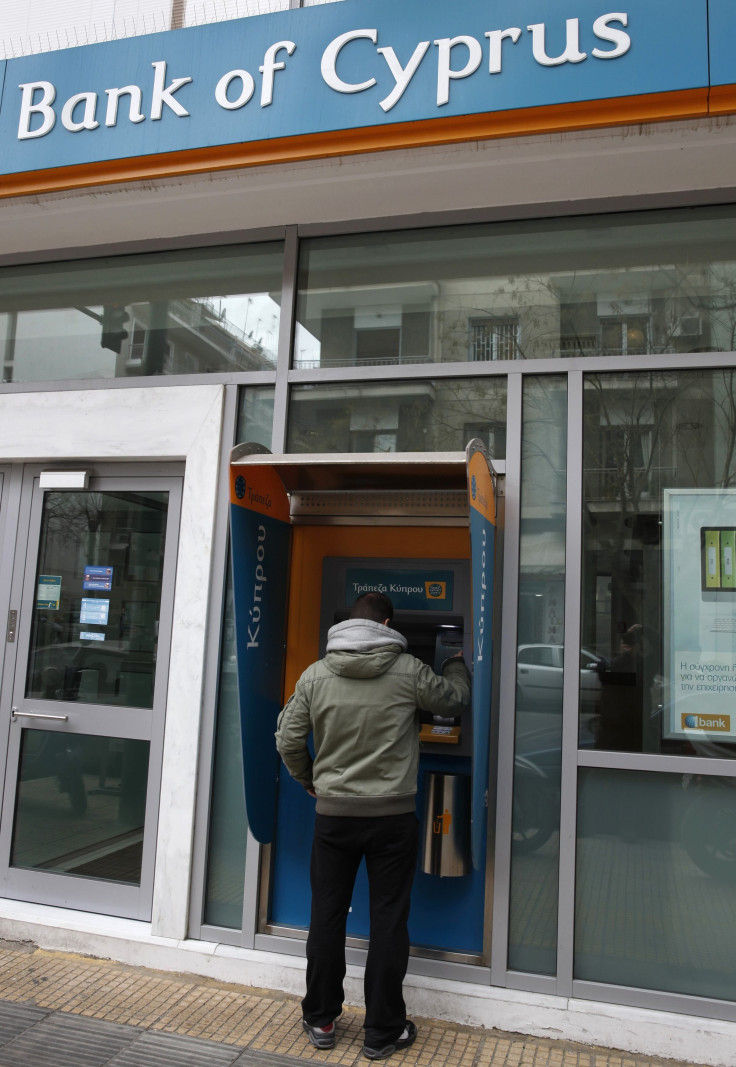
Let's be honest ... Can you place Cyprus in a map? Do you know what the capital of the country is? Had you ever heard anything about it on the news before?
It is no wonder then that the world has been taken by surprise that such a small country in a corner of the Mediterranean has spread all over the world's headlines and is threatening the already weakened EU economy. How can a market of 1.1 million people cause such outsized effects?
What has happened?
Cyprus experience severe turmoil Friday when its prime minister forced a tax on banks in order to receive a bailout. The tax money would come from the depositors, meaning that Cypriots would lose part of their savings. The prospect set the country in panic, with citizens withdrawing all their money before it is spent for them.
Why has this happened?
Cyprus is badly indebted. Its debt-to-GDP ratio pushed to 127 percent late 2012. To have an idea of how ill Cyprus' financial health is, only Greece, with a 153 percent, has a higher level. Cyprus' and Greece's economies are very closely linked: When the second Greek bailout package went through last year, it caused a 4.5 billion euros ($5.9 billion) hole in the Cypriot budget.
What the bailout has to do with the tax?
To receive the bailout, recently appointed Cypriot PM Nicos Anastasiades agreed to tax all banks with a 6.75 percent. Cyprus needs foreign aid badly, and a deal has been in the talks since June 2012. The promised money comes from the International Monetary Fund, the European Commission and the European Central Bank, but this tax ensures a portion comes from Cyprus itself.
Had this happened before?
Cyprus is the first country in the EU to fund a bailout with citizen's money.
How does this affect the rest of the EU and the world?
The commotion in Cyprus' banks might trigger runs on other European countries (although fellow unstable EU countries like Italy and Spain reassured their citizens that their deposits were safe), which could quickly affect the U.S. As a major investor and partner with the EU, the U.S. receives repercussions of anything that might tatter the European economy.
What is going to happen now?
The Cypriot parliament has delayed a voting session on the tax measure to Tuesday, March 19. It is the second time it has been postponed.
© 2025 Latin Times. All rights reserved. Do not reproduce without permission.




